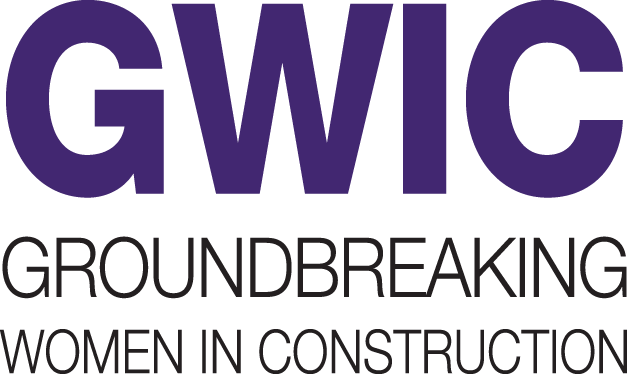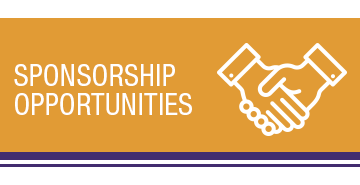
Despite the gains women have made in construction's professional and leadership ranks, nearly 300 had plenty to discuss at an ENR conference in New York City that focused on "the elephants still in the room," the nagging challenges of industry gender dynamics.
The issue of workplace sexual harassment galvanized ENR's "Groundbreaking Women in Construction" gathering on May 6 as attendees at all industry levels shared incidents and impacts.
In an electronic poll, 68% of attendees said they had been sexually harassed at work or thought they had been. More than 65% of attendees work for construction or CM firms.
Session moderator Angela O'Byrne, CEO of design-build firm Perez, relayed impacts of handling harassment that occurred at an off-site corporate event, while an unidentified college engineering student spoke of "inappropriate comments" by a professor whose behavior made her uneasy about their academic relationship.
" 'Unwelcomeness' is the buzzword," said Richard Steer, partner in the employment law firm Tarter, Krinsky & Drogin. "But the concept of a hostile environment can be a tough one" to prove, he added. "There's no bright line."
Meloni Boatswain, director of project operations for interiors design firm ASD Surfaces, said harassment can become a safety issue when it leads to jobsite stress, adding that OSHA is addressing the issue.
Kiewit employee-relations manager Jill Thomsen said the firm "is teaching generations of men how to work with and supervise women," but she urged industry women to "be mindful of behavior at work. Do you want to be known as a Kim Kardashian or a Sheryl Sandberg?"
Gender-based salary gaps also evoked intense discussion, with about 73% of attendees claiming they had faced pay disparity with a male colleague. Learning that was a "punch in the gut," said Ivette Vanas, senior vice president of Skanska. She urged attendees to "find the facts, find your voice and set the right price for yourself."
Attendees wondered about pay differentials linked to motherhood impacts on career progress and skill-building. One noted the need to understand evolving federal protections on pay disparity. But millennial Caitlyn Angelini, a fire protection code consultant at New York City engineer AKF, said, "A lot of young professionals don't take control of their careers."
The dynamics in becoming company leaders and mentors also can challenge women. Conferees debated whether men or women are preferable in those roles, but panelist Brent Darnell, an Atlanta workforce coach and industry consultant, said, "The question to ask is whether you want to work for a good boss or a bad boss? You have to establish trust."
Nabholz Construction Executive Vice President Andrea Woods told attendees they should "mentor someone to lead you someday."
Joan Miller, a senior vice president for oil, gas and chemicals at consultant CH2M, advised women to volunteer for work in company strategic planning, take on assignments that offer exposure and "continually reinvent yourself."





